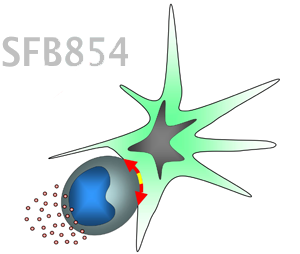Speaker: Prof. Eva Sverremark-Ekström, Stockholm University, Department of Molecular Biosciences, Stockholm, Sweden
Date: Thursday, 30th of March 2017, 5 pm
Location: Campus FME, Hörsaal Kinderklinik (Haus 10)
Host: Franziska Braun (OvGU, Experimentelle Pädiatrie und Neonatologie, EKFK-Kollegiatin)
Further Information: The group of Prof. Sverremark-Ekström is interested in the crosstalk between microbes and the immune system in early life. We are born with an immature immune system, which gradually matures during the first year(s) of life. In addition to the genetic contribution to immunological variation between individuals, environmental exposures such as the establishment of a gut microbiota and exposure to various infections will have an important influence on immune maturation. These types of interactions between the surrounding environment and the neonate will provide the individual with an immune system, which knows how to react and also to what antigens it should respond. In contrast, early microbial deprivation/deviation or maternal disease could result in poor infant immune maturation and/or altered immune balance and later also to immune mediated diseases, like allergy. The groups main research goals are to understand how early-life (microbial) exposures influence immune maturation and allergy development, and the biological mechanisms behind it. They perform experimental studies in vitro with human and murine cells as well as bacteria and viruses, complemented by in vivo studies in murine models.




